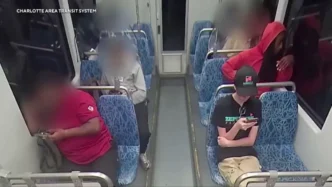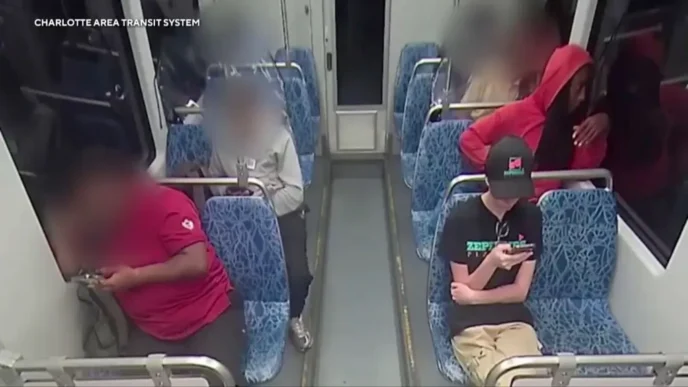On a frigid February morning, an incident involving a man threatening to jump from a bridge unfolded in Philadelphia. Officer Vanity Cordero, part of the city’s police force, responded to the call. Upon arrival, she recognized the man, having previously encountered him in a similar situation months earlier. During that interaction, Cordero had successfully calmed him by conversing about his family and offering a hot meal.
Cordero is a member of a specialized police unit focused on de-escalation techniques, aiming to connect individuals with supportive services rather than resorting to arrests or introducing them to the criminal justice system. The initiative, launched as a pilot program in late 2022, emerged in response to the tragic police shooting of Walter Wallace Jr., who was experiencing a mental health crisis. This program is among many nationwide efforts to improve law enforcement’s response to mental health emergencies.
Philadelphia’s approach is distinct due to its strong emphasis on follow-up care and the personal motivations of its officers, many of whom have experiences with mental illness or addiction in their families. Cordero, for instance, grew up with an uncle who has an intellectual disability, which today would be classified as autism. Her personal connection fuels her advocacy for improved police interactions with autistic individuals.
On the cold morning at the bridge, Cordero assisted patrol officers by staying available until needed. The man recognized her and they shared a light moment, reminiscent of their previous encounter. Eventually, he was taken into a mandatory mental health hold, with clinician Krystian Gardner scheduled to provide follow-up support and resources to his family.
Mental health considerations increasingly influence police work. Members of the Crisis Intervention Response Team (CIRT) spend significantly more time with individuals in crisis compared to regular patrols. Lieutenant Victoria Casale, overseeing the unit, highlights the team’s dedication to finding solutions instead of simply moving to the next call. The team’s collaboration with Merakey, a nonprofit behavioral health provider, ensures that officers and clinicians bring both expertise and resources to each situation.
The program director for Merakey, Audrey Lundy, recounts a transformative experience when helping a mother in financial distress. Instead of merely conducting a welfare check, the team provided groceries, opening a dialogue about the woman’s needs and available resources.
Officer Kenneth Harper, a Marine veteran, appreciates the problem-solving aspect of CIRT. He has helped fellow veterans navigate challenges in civilian life. By establishing rapport, Harper has successfully guided individuals to appropriate services, like the veterans hospital for treatment and housing support. His efforts extend beyond individual cases, as he recruits other veterans in the department to share trauma response trainings.
The CIRT team, though small, covers the entire city during weekdays. As familiarity and trust in their work grow, there are hopes of expanding the team to offer continuous support. The goal is to encourage individuals to contact CIRT directly for assistance, preventing emergencies that necessitate 911 calls.
Officer Cordero emphasizes the importance of proactive connections, urging individuals to seek help without waiting for crises. “We can just go eat,” she suggests to the man on the bridge, highlighting the potential to support each other outside of emergency situations.
For those in distress, the national suicide and crisis lifeline in the U.S. is accessible by calling or texting 988, with an online chat available at 988lifeline.org.
Your World Now: Understanding the Impact
- The program aims to shift police response from punitive to supportive, reducing unnecessary arrests and involvement in the criminal justice system.
- Officers’ personal experiences with mental health issues can enhance their empathy and effectiveness during interventions.
- The initiative offers a model for other cities grappling with similar challenges, potentially improving national law enforcement practices.
- Collaboration with behavioral health providers brings comprehensive support to individuals and families, addressing underlying issues rather than just symptoms.
- Encouraging direct contact with the CIRT team may lead to earlier intervention, decreasing the likelihood of crises escalating to emergencies.














